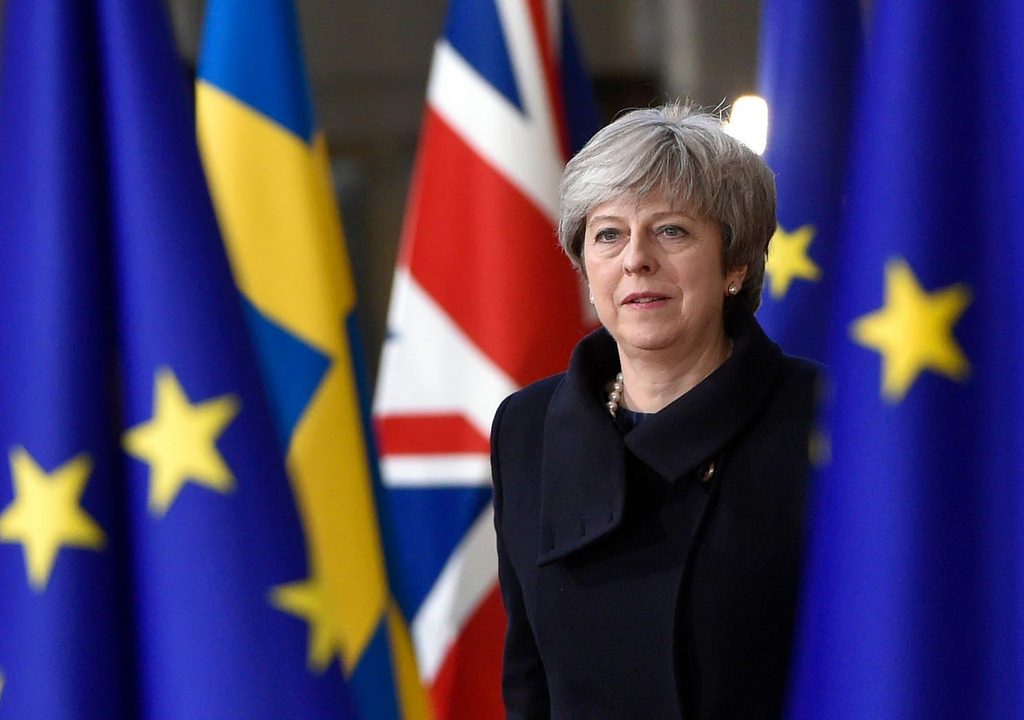Theresa May, the British prime minister, says she might extend the post-Brexit transition period, during which the UK would follow EU rules.
What it means: The EU and the UK sat down together on Wednesday to figure out how the whole Brexit thing was supposed to work. They came away having decided pretty much nothing. Which is not good for anyone who wants any sort of deal between the two, because the time for negotiation has pretty much run out: Brexit date is set for March 2019.
For all her talk that “no deal is better than a bad deal”, Theresa May seems very keen to avoid a no deal. Last March, she said that to give Britain and the EU more time to sort one out the UK will have a transition period until the end of 2020. That means that although Britain will have technically left the EU it will still have to follow all the EU’s rules, although it’ll no longer have a say in what those rules are. Now May’s saying the transition period might have to be extended, although only for a few months and only as a last resort if no deal is reached before December 2020.
What would an extended transition period do for the British economy? Well, it could prevent some of the big problems that have been associated with a no deal Brexit, like planes being unable to fly in or out of the country and large shortages of food and medicine. But because it’ll also prolonging the time when nobody knows what Brexit Britain will look like, it might make businesses more reluctant to take on big projects - like building new factories or hiring lots more people, which can create wealth and/or jobs.
Read our explainer on globalisation.

